Meloni’s post-fascist Brothers of Italy party, which triumphed in Sunday’s elections, has no experience of power but must assemble a cross-party team to tackle sky-high inflation and energy prices, and relations with a wary Europe.
The 45-year-old is hoping to be the first woman to lead Italy as prime minister, but needs her allies, Matteo Salvini’s far-right League party and former Silvio Berlusconi’s Forza Italia, for a majority in parliament.
The division of the top jobs – notably economy, foreign affairs, the defence and interior ministries – will always be political but now, more than ever, “will have to reflect areas of expertise”, the Stampa daily noted.
President Sergio Mattarella will begin consultations on who should lead the new government only once the Senate and Chamber presidents have been elected by parliament, which meets on October 13th.
In the past, it has taken anything between four and 12 weeks for a new administration to take office.
But the first deadline for action is coming up fast, with Italy due to submit its draft plan for next year’s budget to Brussels by October 15th.
READ ALSO: The five biggest challenges facing Italy’s new government
The parties have said they want to make major changes, with a manifesto promising to slash taxes, roll back welfare, and “revise” the terms of Italy’s recovery fund agreement with Brussels – potentially putting the rest of the deal, worth a total of almost 200 billion euros to Italy, at risk.
EU economy commissioner Paolo Gentiloni said he urged “the next Italian government to ensure that this opportunity is seized”, saying the fund was key to putting Italy on a path to “strong and durable growth”.
Agnese Ortolani, senior Europe analyst at the Economist Intelligence Unit, said she expected Meloni “to continue to reassure the markets by picking a non-controversial figure for the role of finance minister”.
“She will also want to avoid reputational damage by nominating someone who is not perceived as credible by the markets,” she said in a note.
READ ALSO: Doubts rise over ‘loose cannon’ Salvini after Italy’s election
Meloni’s allies have been pitching for heavyweight positions, Salvini wanting his old job as interior minister back, and Berlusconi eyeing president of the Senate.
Their parties’ disappointing performance in the polls, however, with neither reaching 10 percent while Brothers of Italy’s secured 26 percent, means Meloni may already be planning to sideline them.
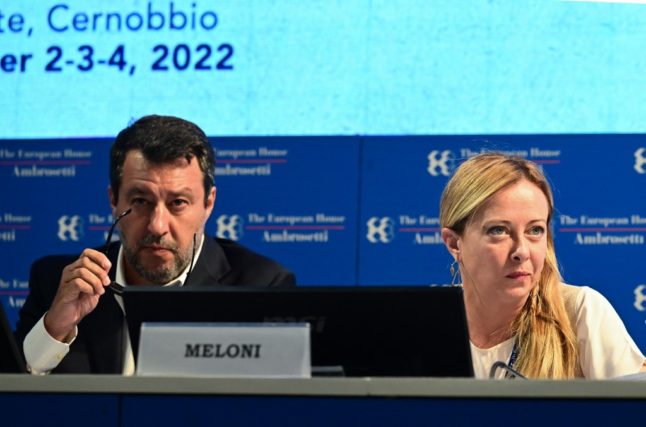
Salvini and Berlusconi do not see eye-to-eye with Meloni on several fronts, including on Russia and public spending to relieve the cost of living crisis.
With all the potential friction ahead, winning the elections “was almost the easy part”, commented Luciano Fontana, chief editor of the Corriere della Sera daily.
Berlusconi downplayed concerns he would rock the boat Tuesday, claiming his party was ready to make compromises “in the country’s interests”.
His ally Antonio Tajani, a former European parliament president, is tipped as possible foreign minister, an appointment which could both appease Berlusconi and assuage international fears that Meloni’s Eurosceptic populist party plans to pick fights with Brussels.
Salvini may prove more difficult. He is currently on trial for allegedly abusing his powers as interior minister in 2019 to block migrants at sea, which some say could rule him out returning to the job.
“It won’t be an easy relationship. It’s likely that (Salvini) will be given a more marginal role in the government than he wants,” Sofia Ventura, political sciences professor at Bologna University, told the foreign press association in Rome.
“Defusing Salvini” without sparking a backlash that could weaken the government is “Meloni’s first test”, the Repubblica daily said.

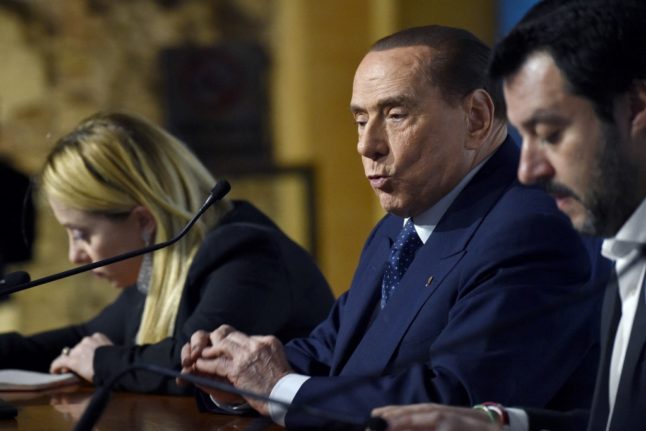
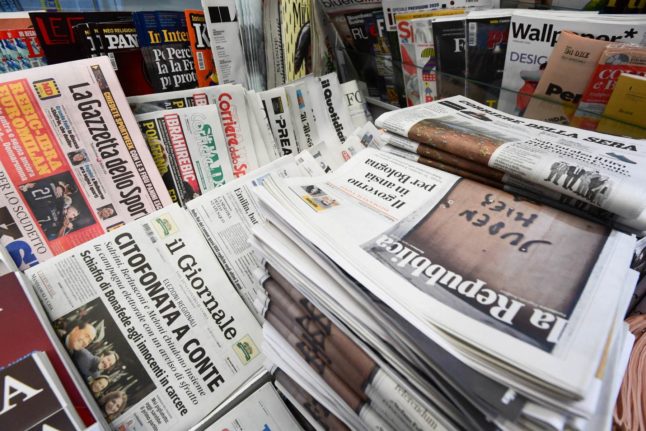
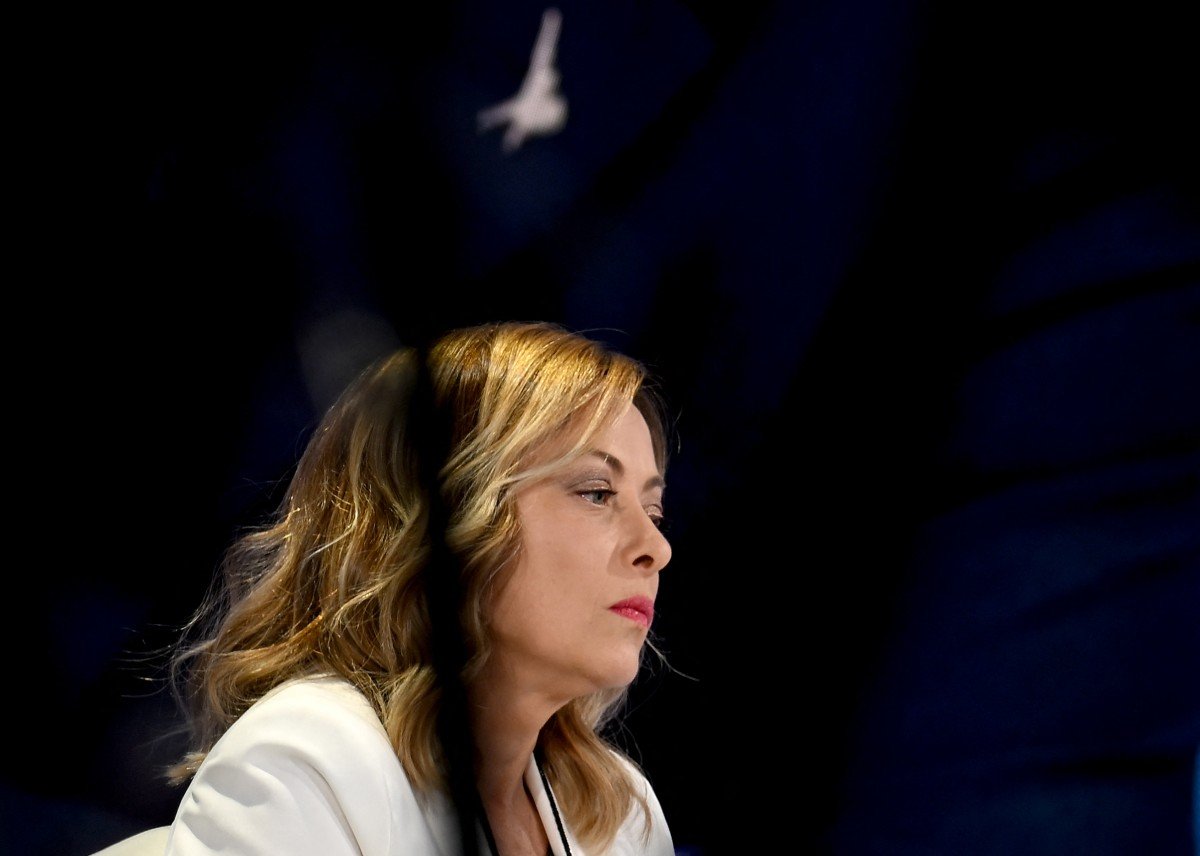
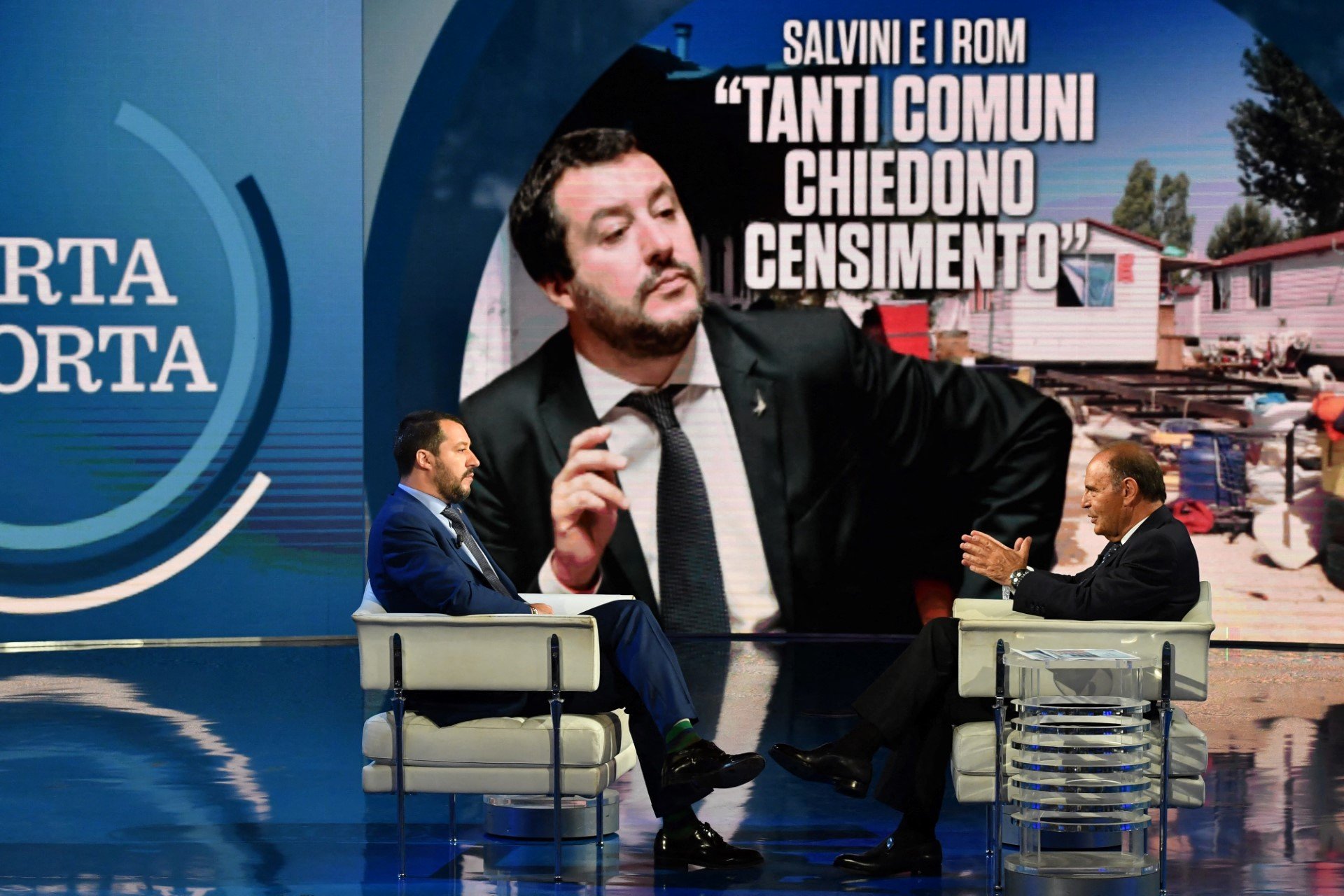
 Please whitelist us to continue reading.
Please whitelist us to continue reading.
Member comments